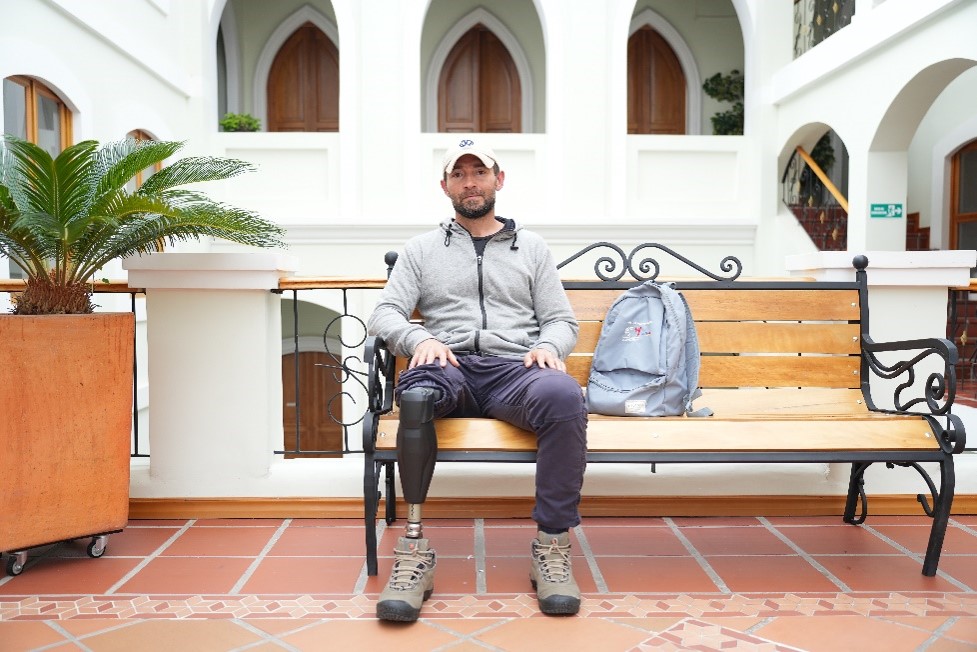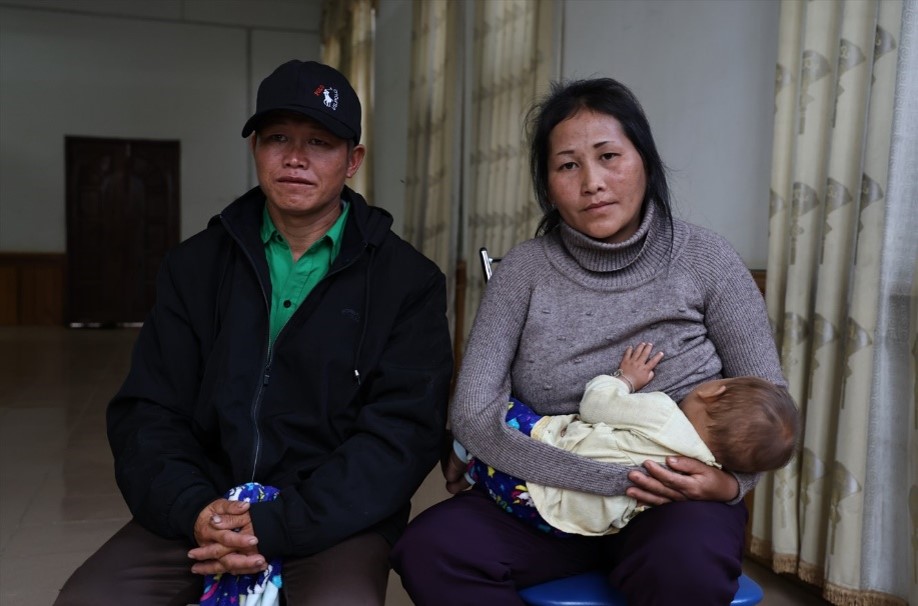share

Gloria and her son Sebastian outside of their home, in Pasto (Colombia) | © Juan Manuel Vargas Ramirez / HI
In conflicts, saving lives is the priority. But beyond survival, people living in areas affected by conflicts should access other essential services that enable them to live healthy and dignified lives.
Among these essential services, rehabilitation (like physiotherapy, occupational therapy, speech therapy among others) and the provision of assistive technology (like prosthetic devises, wheelchairs, and hearing aids among others) are often deprioritised. As a result, people who have been injured during conflict, people with pre-existing health conditions, persons with disabilities, and the many who bear the physical and psychological consequences of conflict are left behind.
This is the focus of our new publication "Rehabilitation matters: the appeal made by people in conflict-affected areas", which can be accessed through its report and dedicated website. Photo exhibitions based on the portraits of people featured in the publication will be organised in various locations in the coming months (stay tuned for more information!).
The publication sheds light on the often-forgotten people who struggle to access the services and care they need and to exercise their rights. Their struggle extends beyond the period of conflict, as explosive ordnance and weapons of all kinds contaminate large areas and remain a significant threat, causing indiscriminate harm to the population for many years after.
The stories of the seven people featured in this publication are a call to action: it is time to ensure that quality rehabilitation and assistive technology are provided for everyone who needs them, everywhere.

“Recovery was a bitter process, because the system is precarious and there is little state support and aid for the victims.”
© Juan Manuel Vargas Ramirez / HI

“After receiving my prothesis, at school I felt more confident, and it was easier for me to write. If somebody looked at me, they could not guess that I was an amputee.”
© Simon Cote Production / HI
Their powerful stories are backed up by figures. In 2022, 3015 people were injured by landmines and explosive remnants of war, and 17038 people were injured by explosive weapons, with a potential need for long-term assistance. More than 50% of people who need rehabilitation services do not have access to them, and in some countries access to assistive technology is as low as 3%.
Rehabilitation and assistive technology have been proven to reduce health complications, promote autonomy, social participation and economic productivity. What are we waiting for to invest adequately in this essential component of health?
To read the report in French, click here








HI is an independent and impartial aid organisation working in situations of poverty and exclusion, conflict and disaster. We work alongside people with disabilities and vulnerable populations, taking action and bearing witness in order to respond to their essential needs, improve their living conditions and promote respect for their dignity and fundamental rights.
HI is an independent and impartial aid organisation working in situations of poverty and exclusion, conflict and disaster. We work alongside people with disabilities and vulnerable populations, taking action and bearing witness in order to respond to their essential needs, improve their living conditions and promote respect for their dignity and fundamental rights.